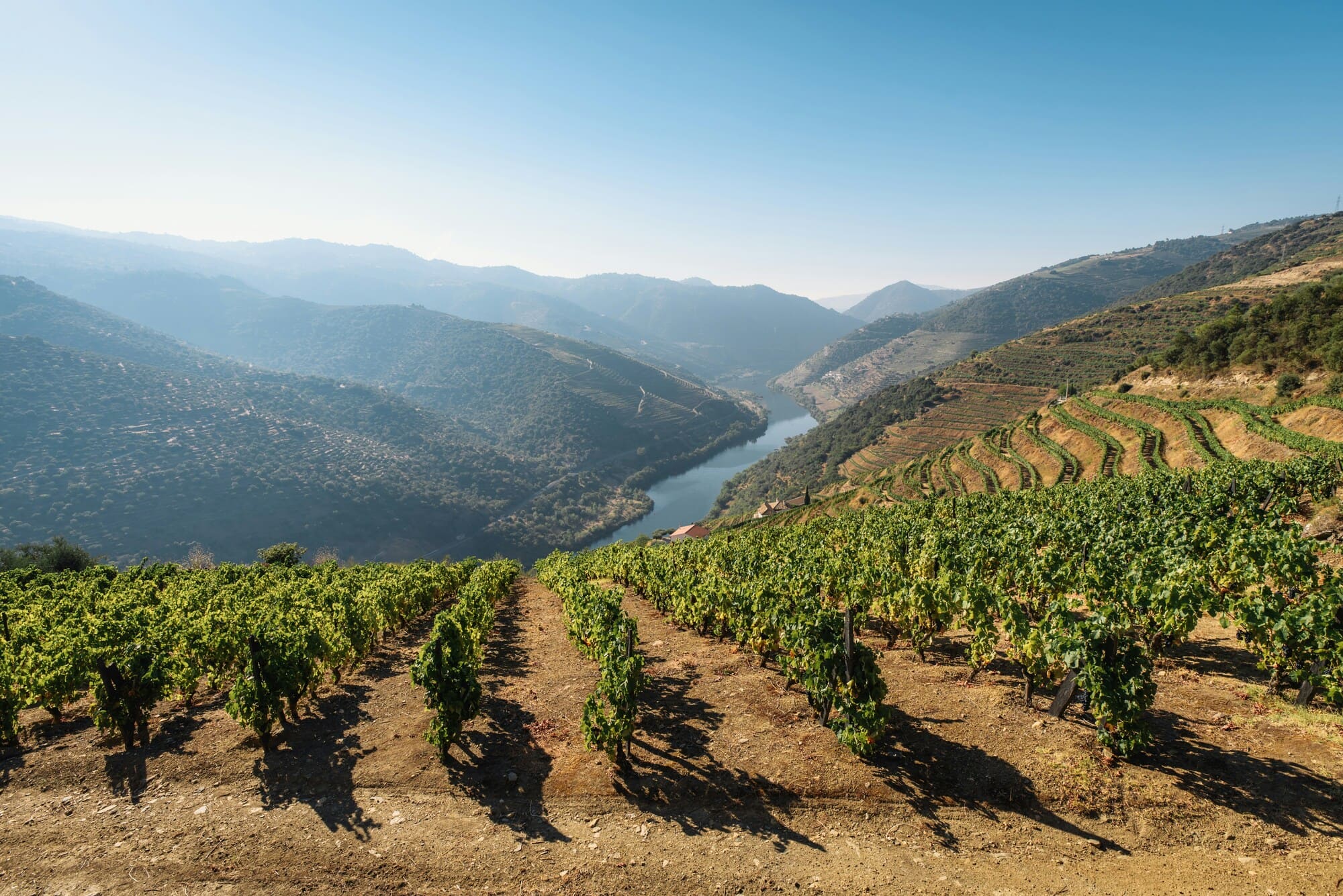Homesteading, the practice of self-sufficient living through agricultural activities, animal husbandry, and sustainable practices, has seen a resurgence in popularity in recent years. As individuals and families seek a return to simpler, more self-reliant lifestyles, the question arises: is Portugal a suitable place for homesteading? Analyzing Portugal's climate, agricultural potential, legal framework, and community support reveals a promising picture for aspiring homesteaders.
Climate and Geography
Portugal's climate and geography offer diverse opportunities for homesteading. The country benefits from a Mediterranean climate, characterized by hot, dry summers and mild, wet winters, particularly in the southern regions like the Algarve. This climate is conducive to growing a wide variety of crops, including olives, grapes, citrus fruits, and a range of vegetables. Northern Portugal, with its more temperate climate and higher rainfall, supports different agricultural practices, such as dairy farming and the cultivation of lush green pastures.
The diverse topography, from coastal plains to mountainous regions, allows homesteaders to choose a location that best fits their specific needs and preferences. Coastal areas are ideal for those interested in fishing and aquaculture, while the fertile central valleys and river basins provide excellent conditions for traditional farming. The country's small size means that even more remote rural areas are not far from urban centers, offering a blend of rural tranquility and accessibility to modern amenities.
Agricultural Potential
Portugal's rich agricultural heritage is evident in its traditional farming practices and local produce. The country is known for its high-quality olive oil, wine, and cork production. Homesteaders can tap into this legacy by adopting and adapting traditional methods to modern sustainable practices. The availability of arable land at relatively affordable prices compared to other Western European countries makes Portugal an attractive option for those looking to establish a homestead.
Moreover, Portugal's emphasis on organic farming and sustainable agriculture aligns well with the principles of homesteading. The Portuguese government supports sustainable agricultural practices through various programs and subsidies, encouraging small-scale farmers to adopt environmentally friendly methods. This support extends to educational resources and training programs that can be invaluable for new homesteaders.
Legal Framework and Bureaucracy
While the bureaucratic process in Portugal can be somewhat challenging, the country offers a favorable legal framework for homesteading. Foreigners are allowed to purchase land and property, and the process is relatively straightforward. There are no restrictions on EU citizens, and non-EU citizens can also acquire land, though it might require additional steps, such as securing residency permits.
Land prices in rural areas are relatively low, especially in comparison to other parts of Western Europe, making it feasible for many to purchase a sizeable plot for homesteading. However, prospective homesteaders should be prepared for some bureaucracy related to land use regulations, building permits, and environmental protection laws. Navigating these requirements often necessitates patience and, in some cases, the assistance of local legal experts or consultants.
Community and Cultural Factors
The cultural attitude towards homesteading in Portugal is generally positive. Many rural communities maintain a tradition of self-sufficiency and small-scale farming. This cultural affinity for agriculture and sustainable living means that new homesteaders often find themselves welcomed by local communities who value similar lifestyles.
Moreover, there is a growing community of expatriates and like-minded individuals in Portugal who are dedicated to sustainable living and homesteading. These communities can provide support, share knowledge, and foster a sense of belonging, which is crucial for the success of homesteading ventures. The presence of local markets, cooperatives, and community-supported agriculture (CSA) networks further enhances the viability of homesteading by providing outlets for selling surplus produce and sourcing necessary supplies.
Challenges and Considerations
While Portugal offers many advantages for homesteading, there are challenges to consider. Language barriers can be an issue for non-Portuguese speakers, especially in rural areas where English is less commonly spoken. Learning the local language can significantly enhance the homesteading experience, facilitating smoother interactions with neighbors, local authorities, and suppliers.
Another challenge is the adaptation to local agricultural conditions. While the climate is generally favorable, variations in weather patterns and soil conditions require homesteaders to be knowledgeable and adaptable. This might involve investing time in understanding the specific needs of their land and the best practices for cultivation and animal husbandry in their chosen region.
On a final note, I think Portugal presents a compelling case for homesteading with its favorable climate, rich agricultural potential, supportive legal framework, and welcoming communities. While there are challenges to overcome, particularly related to bureaucracy and language barriers, the country's advantages make it a promising destination for those seeking a self-sufficient and sustainable lifestyle. With proper planning, resourcefulness, and community support, homesteaders in Portugal can thrive, contributing to a growing movement towards sustainable living and environmental stewardship.

